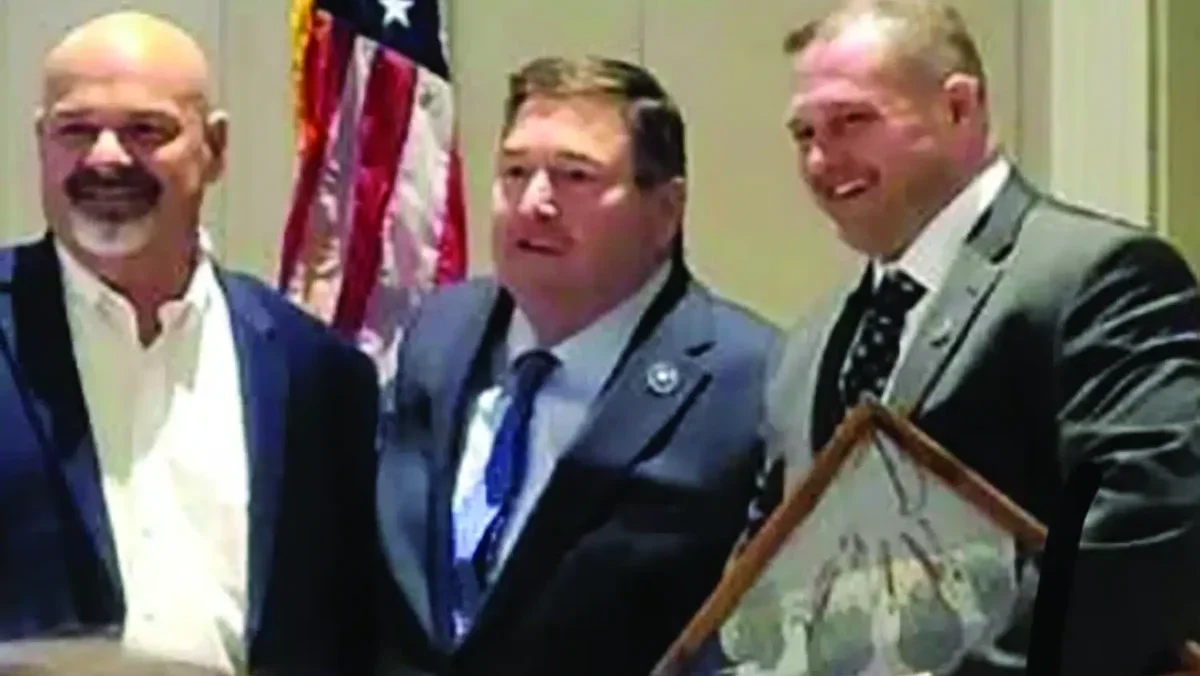Why Wasn’t This Sold?
John 12:1–11
The Gospel of John divides easily into two major units. John 1–11 is the book of signs. The book of signs narrates seven miracles Jesus performed that pointed to His identity. John 12 concludes Jesus’ public ministry with a story of the first person to perceive the significance of the next hours of Jesus’ life. Jesus said Mary’s act was an act of love for the day of His burial (John 12:7). Jesus is worthy of our worship as the promised Messiah, the Son of God.
Honored (1–3)
John 11 presents the longest miracle narrative in the Gospel of John. It occurs within the context of a family Jesus loved — Mary, Martha and Lazarus. Jesus raised the corpse of Lazarus from death to life. John noted, “Jesus loved Martha, her sister and Lazarus” (John 11:5). The family later hosted a dinner for the honored Jesus.
At the dinner, Mary performed a loving act of lowly service by washing Jesus’ feet with expensive perfume and wiping His feet with her hair. Normally Jews anointed a person on the head. Mary took upon herself the role of a servant or slave to wash the feet of the Servant. Rather than wiping His feet with a towel, she wiped them with her hair, which may have been an action depicting her devotion. Her action prompts the question, “What costly, lowly action have I performed for Jesus?”
Questioned (4–8)
Judas utilized his spiritual ace card. “Why was this perfume not sold for a year’s wage (the approximate value of 300 denarii) and given to the poor?” His question was asked not because of a concern for the poor. He asked the question in order that he might steal from the money bag used to support Jesus and the Apostles on their travels. According to Jesus’ words, Mary may have been the only one the last night of His life that understood His destiny. Her motive may have been to anoint Jesus’ body for His approaching death based on Jesus’ comment, “Leave her alone; she has kept this perfume in preparation for the day of My burial.”
In a rebuke of Judas (and perhaps other disciples who thought like Judas, but did not speak), Jesus commented on ministry to the poor. Disciples will always have opportunities to meet the needs of the poor. Action and ministry are not substitutes for loving, worshipping and serving Jesus.
Division (9–11)
Jesus was a divisive individual in His day. Throughout history, Jesus has been a divisive figure, and He remains a divisive figure in our culture today. John 11:55–57 set up the division among the Jewish people during Jesus’ ministry. Many Jews traveled to Jerusalem looking for Jesus (John 11:56). Prior to the events narrated in chapter 12, the chief priests and the Pharisees issued orders that required people to report the location of Jesus in order that the leadership might arrest Him.
Jesus’ action of raising Lazarus from the dead was the proverbial last straw as far as the Jewish leadership was concerned. The chief priests were Sadducees who denied the concept of resurrection. The sign of raising Lazarus from the dead created a crisis for the Jewish leadership as “many Jews were deserting them [the Jewish leadership] and believing in Jesus.”
By Mark Rathel
Professor at the Baptist College of Florida in Graceville, Florida










